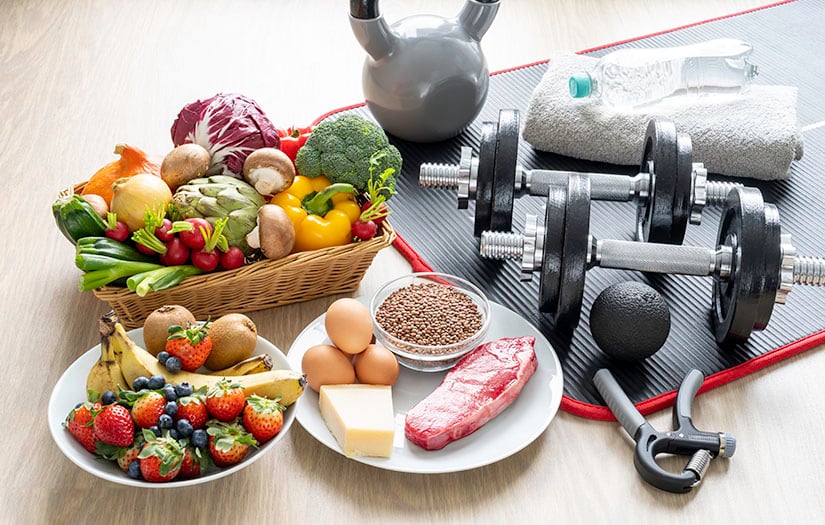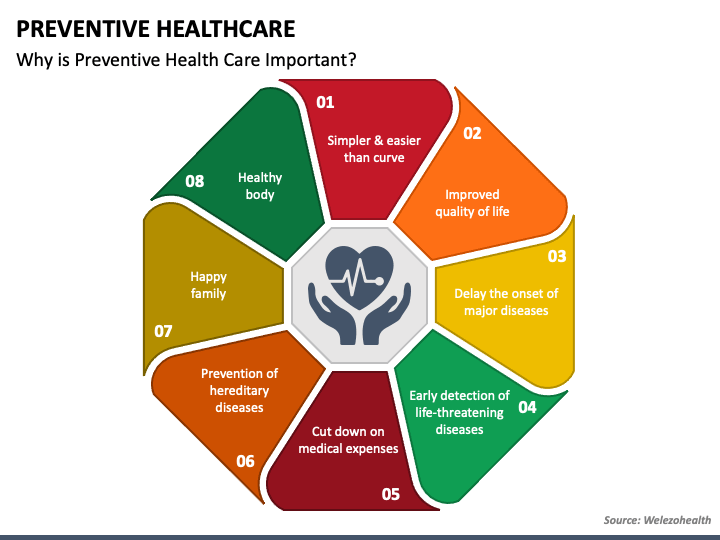Fuel Your Performance: Nutrition for Athletes
Fueling Performance: A Comprehensive Nutrition Guide for Athletes
Whether you’re a weekend warrior, a dedicated amateur, or a professional athlete, nutrition plays a pivotal role in your performance, recovery, and overall health. It’s often said that training is only half the equation – the other half is what you put *into* your body. This post will delve into the specifics of athletic nutrition, providing a comprehensive guide to help you optimize your diet for peak performance.
Understanding Your Energy Needs
Athletes require more calories than the average person. The exact amount varies drastically based on factors like sport, intensity, duration of training, body weight, and individual metabolism. Simply put, you need enough fuel to cover your energy expenditure. Ignoring this can lead to fatigue, decreased performance, increased risk of injury, and even illness.
It’s not just *how much* you eat, but *when* you eat. Timing your nutrient intake around training is crucial. Consider these phases:
- Pre-Workout: Focus on carbohydrates for readily available energy. Complex carbohydrates like oatmeal, whole-wheat bread, or sweet potatoes are excellent choices. Include a small amount of protein. Avoid high-fat foods, as they digest slowly and can cause stomach upset.
- During Workout (for endurance events >60-90 minutes): Replenish carbohydrates and electrolytes. Sports drinks, gels, or chews can be helpful.
- Post-Workout: This is a critical window for recovery. Consume a combination of carbohydrates and protein within 30-60 minutes after exercise. This helps replenish glycogen stores and repair muscle tissue. Chocolate milk is surprisingly effective!
Macronutrient Breakdown: The Building Blocks of Athletic Fuel
Let’s break down the three macronutrients – carbohydrates, proteins, and fats – and their importance for athletes.
Carbohydrates: The Primary Fuel Source
Carbohydrates are the body’s preferred source of energy, especially during high-intensity exercise. They are broken down into glucose, which is stored as glycogen in the muscles and liver. Different types of carbohydrates have different effects:

- Simple Carbohydrates (sugars): Provide quick energy but are rapidly digested. Best used immediately before or during exercise.
- Complex Carbohydrates (starches and fiber): Provide sustained energy and are essential for overall health. Found in whole grains, fruits, and vegetables.
Athletes generally need a higher percentage of their calories from carbohydrates than sedentary individuals. The exact amount depends on the sport, but typically ranges from 50-70% of total daily calories.
Protein: Repair and Rebuild
Protein is essential for muscle repair, growth, and overall tissue maintenance. Exercise causes microscopic damage to muscle fibers, and protein provides the amino acids needed to rebuild them stronger.
Athletes need more protein than the average person, typically 1.2-2.0 grams of protein per kilogram of body weight per day. Good sources of protein include lean meats, poultry, fish, eggs, dairy, beans, lentils, and tofu.
Fats: Essential for Hormone Production and Overall Health
While often demonized, fats are crucial for hormone production, nutrient absorption, and providing a concentrated source of energy. However, the *type* of fat matters. Focus on healthy fats:
- Unsaturated Fats (monounsaturated and polyunsaturated): Found in avocados, nuts, seeds, olive oil, and fatty fish. These are beneficial for heart health.
- Saturated and Trans Fats: Limit these, as they can increase the risk of heart disease. Found in processed foods, red meat, and fried foods.
Fats should make up around 20-35% of an athlete’s total daily calories.
Micronutrients: Vitamins and Minerals for Optimal Function
Vitamins and minerals are essential for countless bodily functions, including energy production, immune function, and bone health. Athletes may have increased needs for certain micronutrients due to increased energy expenditure and stress on the body.
Key micronutrients for athletes include:
- Iron: Essential for oxygen transport. Iron deficiency is common in female athletes and endurance athletes.
- Calcium and Vitamin D: Important for bone health, especially in weight-bearing sports.
- Electrolytes (Sodium, Potassium, Magnesium): Lost through sweat and need to be replenished, especially during prolonged exercise.
- B Vitamins: Involved in energy metabolism.
- Antioxidants (Vitamin C, Vitamin E): Help protect against oxidative stress caused by intense exercise.
A well-balanced diet should provide most of the necessary micronutrients. However, some athletes may benefit from a multivitamin or specific supplements, but it’s always best to consult with a registered dietitian or sports nutritionist before taking any supplements.
Hydration: The Often-Overlooked Key
Dehydration can significantly impair performance, even mild dehydration. Water is essential for regulating body temperature, transporting nutrients, and lubricating joints.
Athletes should drink water consistently throughout the day, not just during exercise. The amount of water needed varies depending on factors like climate, intensity of exercise, and individual sweat rate. A good rule of thumb is to drink enough to maintain clear urine.
For prolonged or intense exercise, consider sports drinks that contain electrolytes to replace those lost through sweat.
Putting It All Together: Creating a Personalized Nutrition Plan
There’s no one-size-fits-all approach to athletic nutrition. The best plan is one that is tailored to your individual needs and goals. Consider working with a registered dietitian or sports nutritionist to develop a personalized plan. They can assess your current diet, training schedule, and performance goals to create a plan that optimizes your nutrition for success.
Remember, consistency is key. Making small, sustainable changes to your diet over time is more effective than trying to overhaul everything at once. Prioritize whole, unprocessed foods, and focus on fueling your body with the nutrients it needs to perform at its best.



